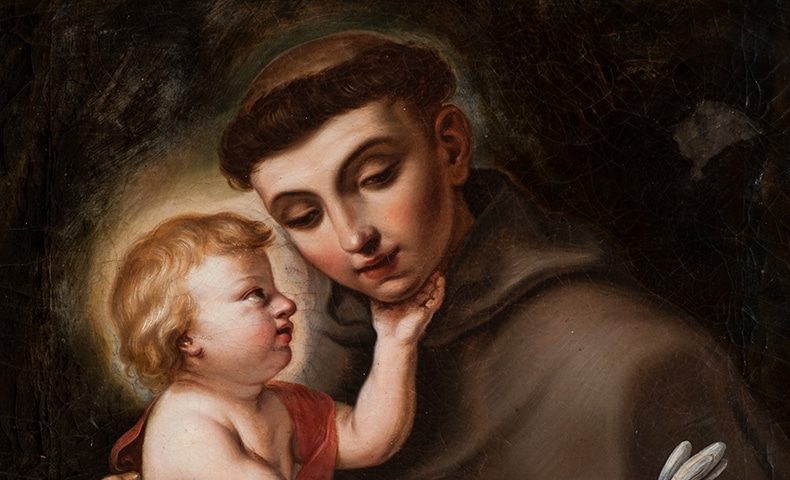Today we celebrate the memorial of Saint Anthony of Padua.
The gospel’s invitation to give all up and follow Christ served as the compass for Saint Anthony of Padua’s life. God continually beckoned him to take on new roles in his plans. Anthony always answered by renewing his commitment to serving his Lord Jesus with greater zeal and selflessness.
He gave up the chance of a future full of wealth and power when he decided to join the Augustinians in Lisbon at a young age in exchange for being a servant of God. Later, as the bodies of the first Franciscan martyrs traveled through the Portuguese city where he got posted, an overpowering yearning to be one of those closest to Jesus—those who chose to give their lives for the Good News—overcame him once more.
Anthony joined the Franciscan Order and then went to the Moors to preach. However, a sickness kept him from succeeding in that endeavor. He traveled to Italy and lived in a small hermitage, where he mainly meditated, read the Bible, and performed menial activities.
When no one spoke at the ordination, the call of God again came. Anthony, who is dutiful and modest, reluctantly complied with the duty. Anthony had spent years pursuing Jesus in prayer, studying the Bible, and serving him with chastity, obedience, and poverty, so he was prepared to let the Spirit use his abilities. Those who anticipated an impromptu speech and were unaware of the power of the Spirit to inspire others with language found Anthony’s sermon to be beautiful.
Anthony was the first friar to instruct the other friars in theology. He was known as an outstanding man of prayer and a brilliant scholar of Scripture and theology. He quickly stepped away from that position to preach to the Albigensians in France, reassuring those who had been led astray by their denial of Christ’s deity and the sacraments with his vast theological and scriptural knowledge.
He established his headquarters in Padua after three years of leading the friars in northern Italy. He started preaching again and began recording sermons for other preachers. Anthony built a form of the treehouse as a hermitage when he withdrew to a friary near Camposampiero in the spring of 1231. He prayed and made preparations for dying there.
He requested to be returned to Padua on June 13 after becoming severely unwell and passing away shortly after receiving the final sacraments. Anthony was recognized as a Doctor of the Church and canonized less than a year later.
source: franciscanmedia.org


